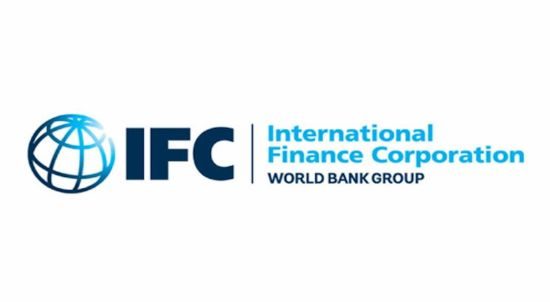Accountability Counsel and Partners Submit Comments on Key Report Consequential to Accountability Policies, Practices, and Culture at the IFC and MIGA

Accountability Counsel has joined with over 40 organizations to comment on the final report of an external review of environmental and social accountability at the International Finance Corporation (IFC) and Multilateral Investment Guarantee Agency (MIGA), which included an examination of their independent accountability mechanism, the Compliance Advisor Ombudsman (CAO).
Success in Securing the Opportunity to Comment
In July 2020, we and partners submitted a joint letter demanding disclosure of the final report and an opportunity for public comment. Given that the report was intended to frame Board-level discussions on the role, effectiveness, and governance of the CAO, as well as institutional response to grievances and findings of harm, it is critical to ensure meaningful stakeholder engagement on its substance. The Board ultimately published the report, recognizing the importance of public comment to inform deliberations.
General Comments
In an overarching joint comment, we state our support for implementing the report’s recommendations in general and specifically endorse recommendations that preserve the CAO’s independence under new Board oversight, urge greater engagement and response from IFC/MIGA management, and create a framework to remedy harm caused by non-compliance with bank policies. In the letter, we demand public consultation as management and the CAO draft the policies and procedures needed to implement the report’s recommendations.
Supporting Remedy
Accountability Counsel also joined with Inclusive Development International, Center for International Environmental Law, Bank Information Center, and Arab Watch Coalition to specifically comment on the report’s recommendation that the IFC and MIGA develop a framework to effectuate remedy that includes Board oversight over Management Action Plans intended to address finding of non-compliance, and dedicated funds and resources from the bank and its clients to support remedy when needed or appropriate. The letter shares case examples that demonstrate how communities harmed by IFC/MIGA projects are unable to obtain adequate redress, and it includes several options for financial mechanisms that IFC/MIGA could create to enable and contribute to remedy.
Deeper Engagement and Response
Because a major theme in the report relates to strengthening the working relationship between IFC/MIGA and the CAO, and given our case experience working with partners engaging in the CAO process, we also submitted a comment on the topic of bank management engagement in CAO processes. IFC/MIGA should welcome engagement in CAO compliance review and dispute resolution processes as opportunities to ensure their investments have their intended positive impact. In practice, this means providing the CAO with access to project information, engaging at various stages of the CAO process per set guidelines, and consulting with project-affected communities when designing remedial actions.
Immediate Application to Address Harm in Assam
Further, we joined PAJHRA, Peoples’ Action for Development, and Nazdeek in a letter calling particular attention to how the IFC can immediately implement the report’s recommendations regarding remedy by addressing the needs of communities living and working in abysmal conditions on plantations the IFC partly owns in Assam, India.
For easy access, the above comments are listed and linked below:
- “Joint Comment on Report and Recommendations from the External Review of IFC/MIGA E&S Accountability, including CAO’s Role and Effectiveness” – Accountability Counsel + 45 Partner Organizations
- “Realizing the Right to an Effective Remedy within the IFC/MIGA Accountability Framework” – Bank Information Center, Inclusive Development International, Accountability Counsel, Center for International Environmental Law, Arab Watch Coalition
- “Comment on External Report on the Topic of IFC/MIGA Engagement in CAO Processes” – Accountability Counsel
- “Implementing the External Review Requires IFC to Provide Remedy to Assam Tea Workers” – Stephen Ekka (PAJHRA), Wilfred Topno (PAD), Jayshree Satpute (Nazdeek), Anirudha Nagar (Accountability Counsel)
Related Posts
- 6 April 2020 Reenvisioning Community Engagement in the Coronavirus Response
- 22 July 2020 Accountability Counsel Submits Joint Letter to IFC/MIGA Executive Directors Seeking Transparency and Consultations on Key External Review
- 15 September 2020 Implementing the External Review Requires IFC to Provide Remedy to Assam Tea Workers

